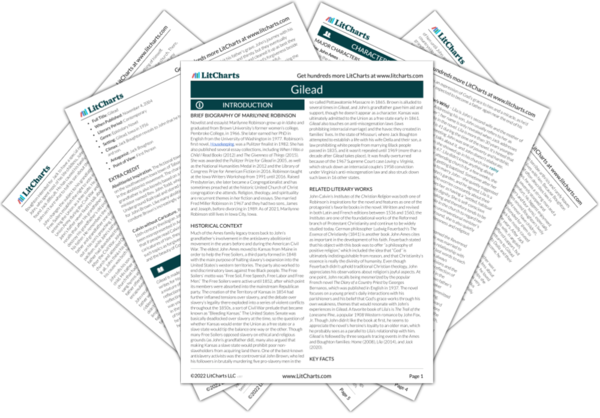Traditionally, many interpreters distinguish between the “first tablet” of the Ten Commandments, which focus on one’s duties toward God, and the “second tablet,” which focuses on people’s duties toward one another. John is making a case that the commandment to honor one’s parents actually be grouped among the duties directed toward God. This is a subtle point, but basically, he means that in order to honor someone properly (whether one’s parents or even God), one must have genuine knowledge of them. As the book goes on, it’s worth asking whether this holds up in practice (like in John’s relationships with his father and grandfather).
